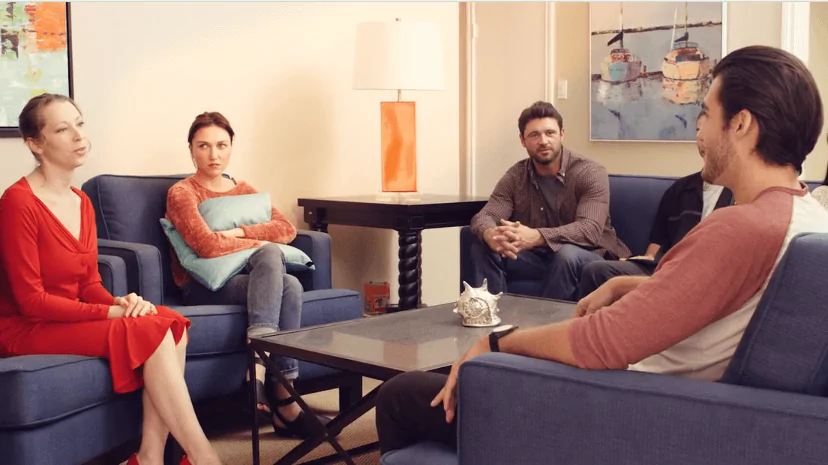24/7 Helpline:
(866) 899-221924/7 Helpline:
(866) 899-2219
Other Insurance Options

WellCare Health Plans

Group Health Incorporated

Amerigroup

Anthem

Covered California

GEHA

Humana

Coventry Health Care

Carleon

Cigna

Choice Care Network

Horizon Healthcare Service

MVP Healthcare

Providence

UMR

CareSource

WellPoint

Optum

Sliding scale payment assistance

BlueShield

Appalachian Community Health Center
Appalachian Community Health Center is a private rehab located in Belington, West Virginia. Appalach...




















































































































